MCG starts human trials on deep brain stimulation for Alzheimer’s patients
"We want the patients to have the same clinical dementia ratings or better two years from now," says David T. Blake, PhD.
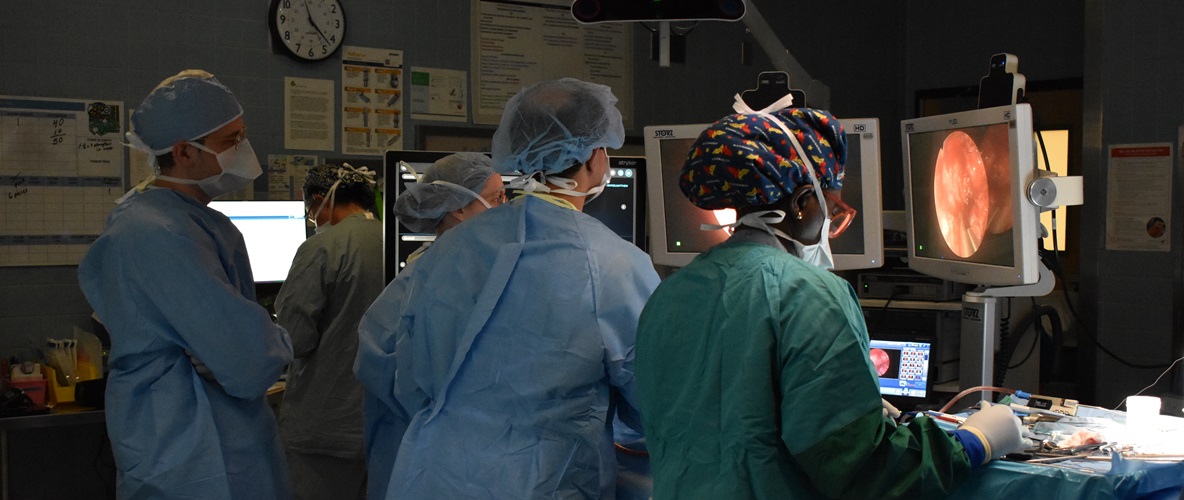
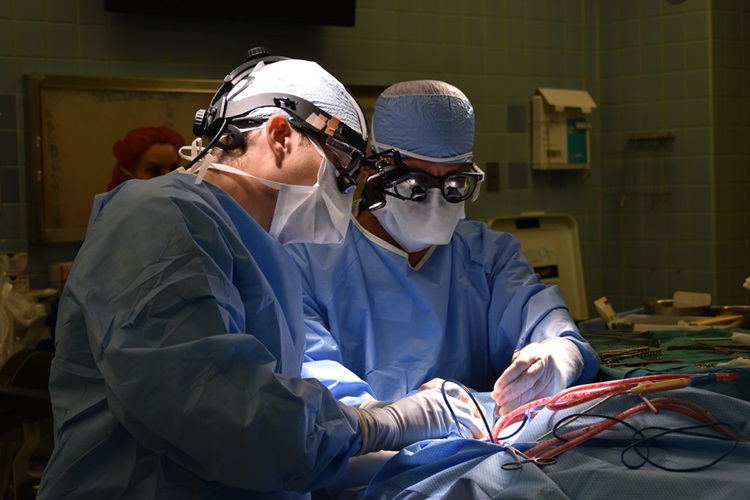
As part of the Neuroscience Center of Excellence Neurosurgery's mission is to deliver excellent patient care, provide superior education to the resident staff and the community as a whole, and engage in innovative research.
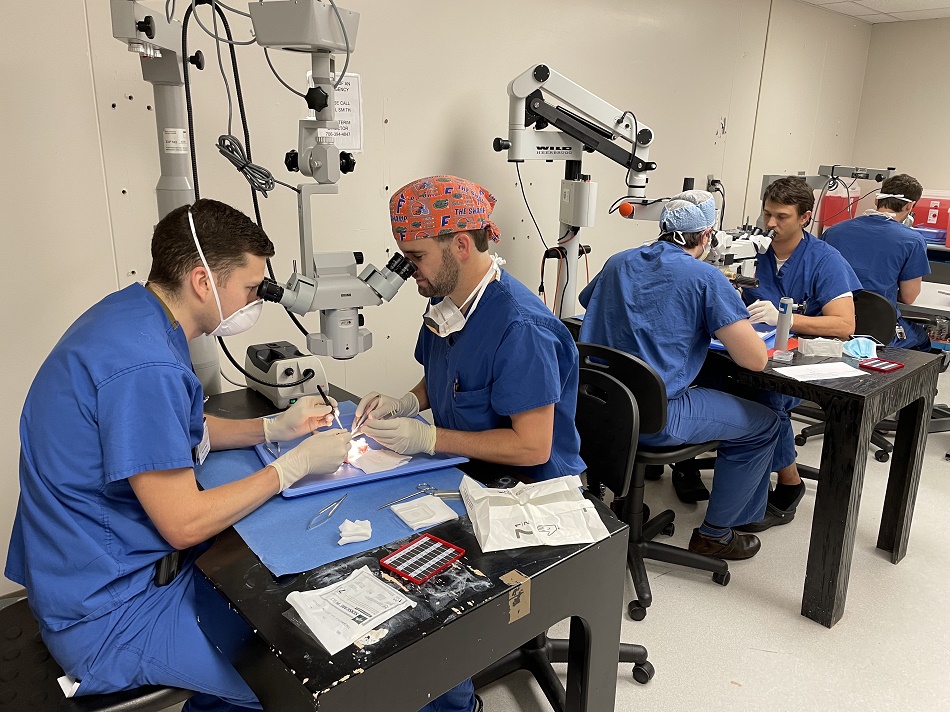
Residency Program
Medical College of Georgia's Neurosurgical Residency Program at Augusta University
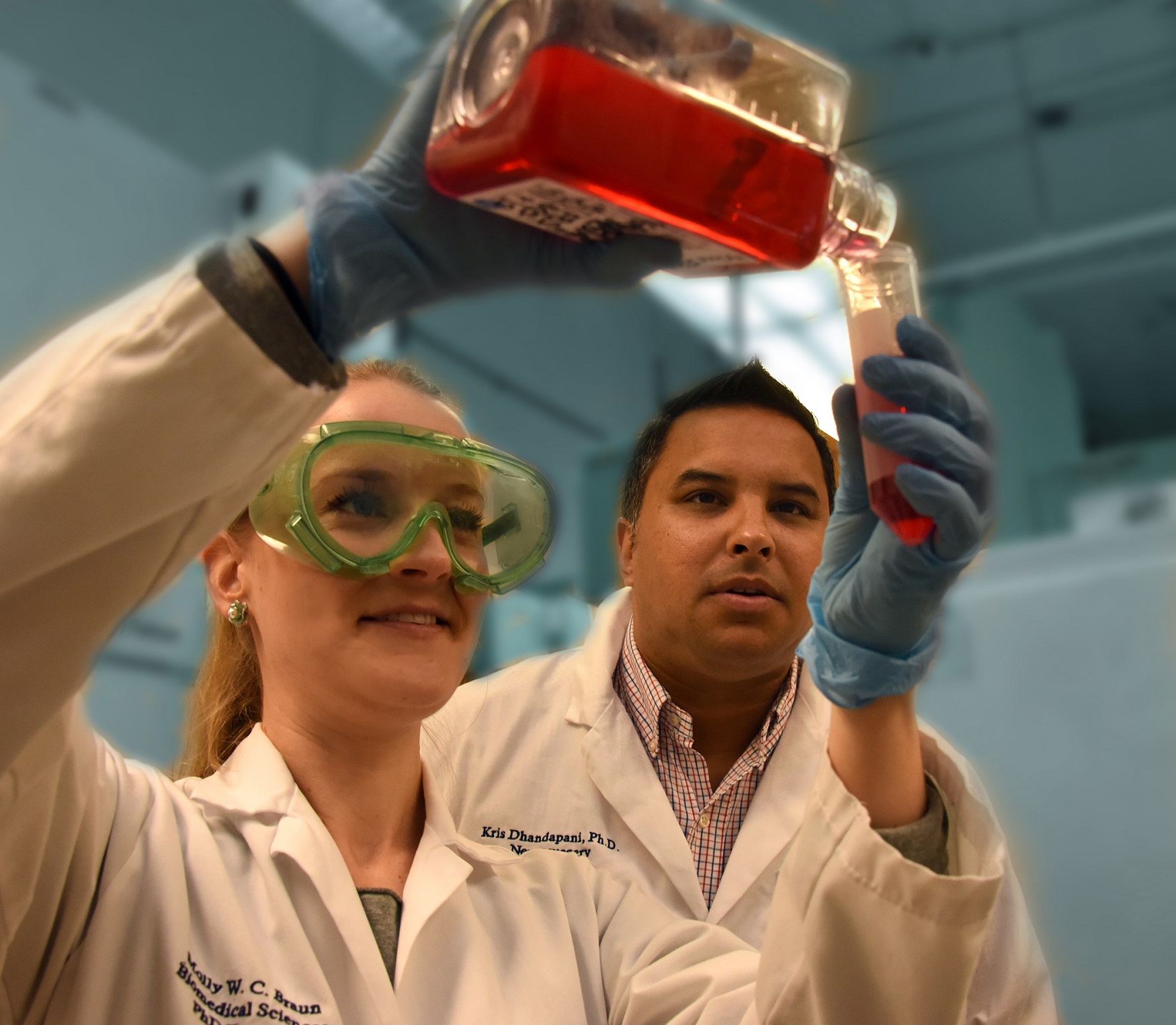
Research Programs
Medical College of Georgia's Neurosurgical Research Program at Augusta University
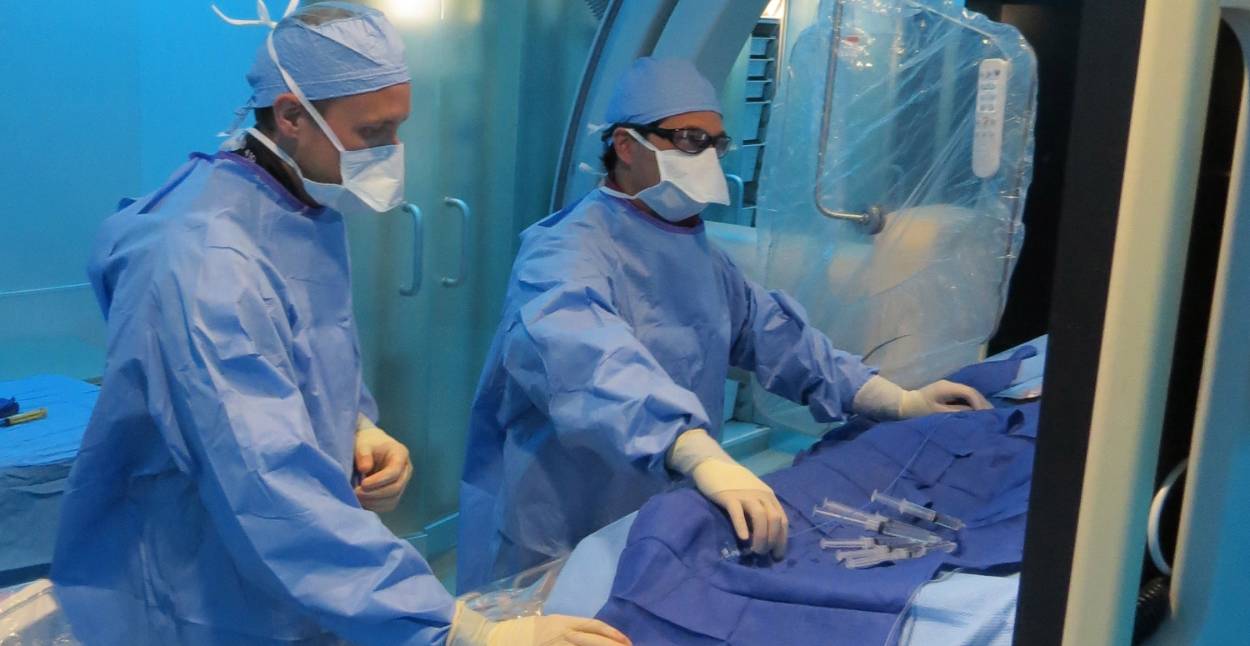
Fellowship Oppertunities
Medical College of Georgia's Neurosurgical Fellowship Program at Augusta University
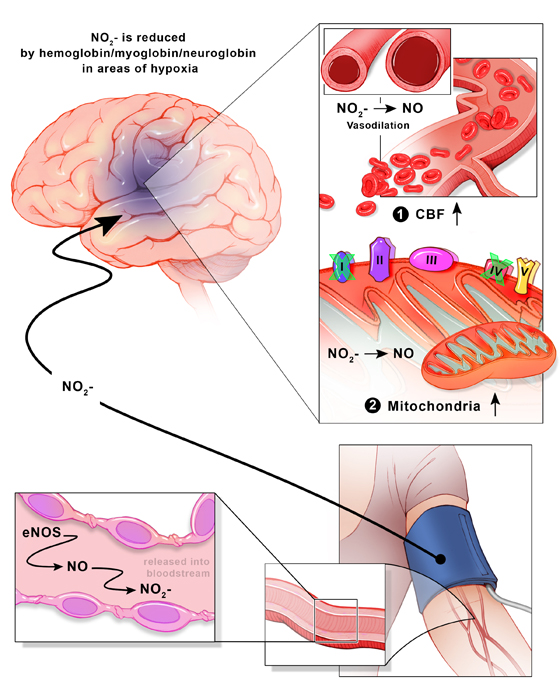
Neuroscience Division of Biomedical Visualization
Link to Augusta University Medical Illustration
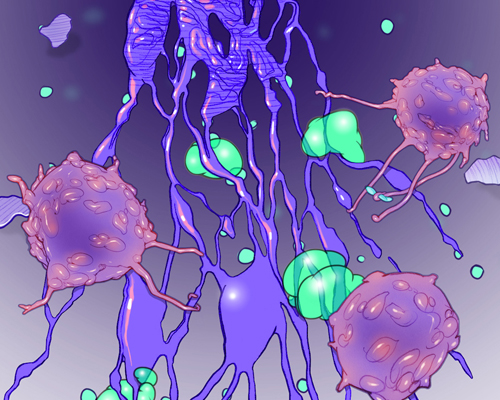
Research and Publications
Link to current Research topics and publications
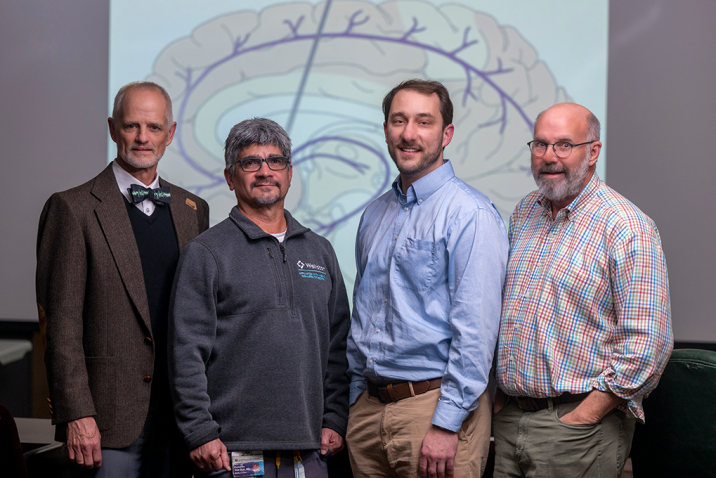
"We want the patients to have the same clinical dementia ratings or better two years from now," says David T. Blake, PhD.

"Most studies examine impact TBI, so much less is known about brain injuries following blast exposure and how it may differ from other types of TBI."
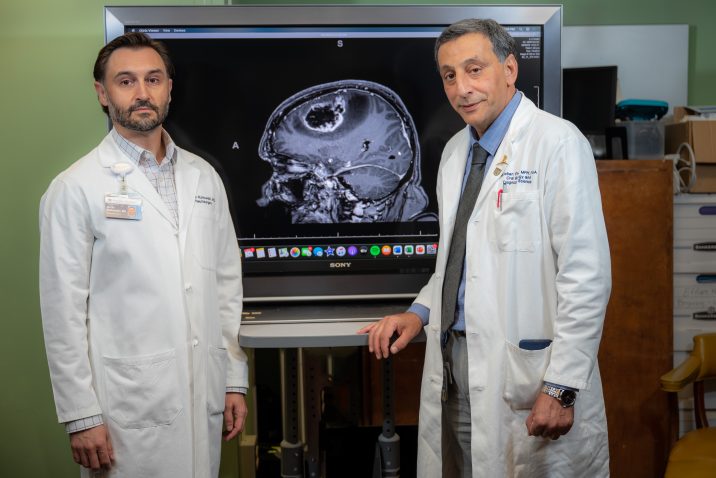
In the first study to use CBD in an animal model of glioblastoma, researchers find inhaled CBD shrinks the size of the highly aggressive, lethal brain tumor glioblastoma by reducing the essential support of its microenvironment.
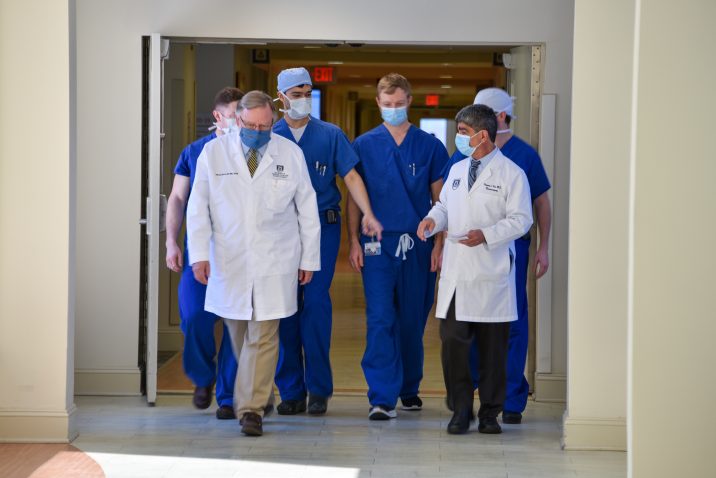
Faculty from MCG will update attendees on a wide variety of topics, including stroke, movement disorders, brain tumors, Alzheimer's disease, dementia and epilepsy.